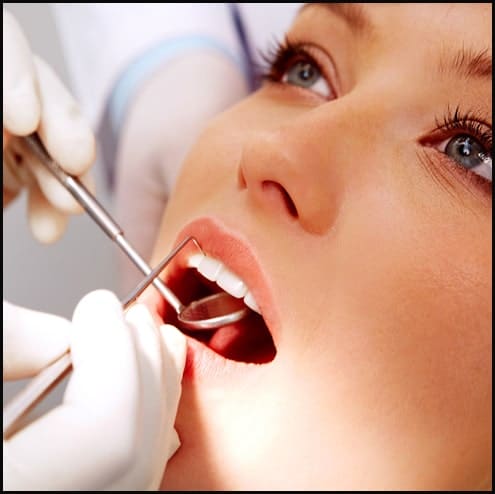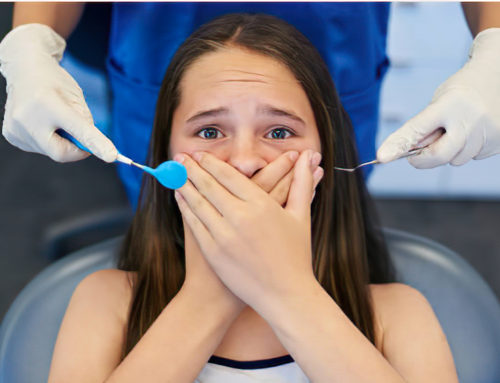Do you know the difference between a prosthodontist and a regular dentist?
Many of our patients ask us to explain the difference between a prosthodontist and a regular dentist. We will take you through the main differences between the two.
A general dentist tends to focus on fixing your teeth and helping you to maintain general oral health and hygiene. It is best to make an appointment with a general dentist when you need regular cleaning, a dental filling to fix a dental cavity, or advice about oral hygiene.
However, if you require more advanced dental treatment, then is it best to book a consultation with a dental specialist such as a prosthodontist. This is essentially the difference between a prosthodontist and a regular dentist. A prosthodontist specialises in restoring and replacing teeth. Prosthodontics also includes oral surgery and maxillofacial treatment options. In essence, the difference between a prosthodontist and a regular dentist is the extent and depth of their training and expertise.
In addition to prosthodontics, our team consists of dental specialists in several different fields.
At Manningham Dental Specialists, we offer a comprehensive range of specialised dental services, including prosthodontics.
Whilst most patients associate dentist consultations with dental fillings and other general oral care, our specialised services are based on specialist knowledge and training. For example, you would need to make an appointment with a cosmetic dentist if you are looking for cosmetic dentistry. Likewise, something as advanced as jaw surgery is best undertaken by a highly skilled specialist.
If you require specialised dental treatment, please contact our friendly team to book the next available consultation.
What qualification makes the difference between a prosthodontist and a regular dentist?
A prosthodontist is a specialist who focuses on the restoration and replacement of teeth. They are often considered to be the dental equivalent of plastic surgeons. Prosthodontists complete an additional three years of training beyond dental school, and they must pass a rigorous examination in order to become certified. In terms of training, this is the difference between a prosthodontist and a regular dentist.
Prosthodontists initially qualify as general dentists. Thereafter, in order to specialise, they undergo extensive training that extends their expertise from routine dental treatments (focusing on general oral health and dental care) to far more complex dental procedures.
What is the main difference between a prosthodontist and a regular dentist?
Prosthodontists specialize in tooth replacement and tooth restoration. They are highly trained in all the latest technological developments used to effectively restore and replace broken or missing teeth.
While regular dentists also focus on restoring and replacing teeth, they do not have the same level of training or expertise as prosthodontists. As such, prosthodontists are often able to provide more complex and comprehensive care. In addition, prosthodontists often work with patients who have unique needs, such as those who have suffered from tooth loss due to injury or disease.
What services does a prosthodontist offer?
As one of the dental specialties, prosthodontics offers specialised treatments. These treatments focus on restoring and replacing teeth. Prosthodontic treatments include:
- dentures
- veneers
- dental implants
- inlays and onlays
- crowns bridges
- and more
If you need to restore or replace teeth, a prosthodontist will provide specialised treatment options.
If you are considering dental treatment to restore or replace your teeth, it is important to consult with a prosthodontist to ensure that you receive the best possible care. While regular dentists are also able to provide quality care, a prosthodontist can offer you the benefit of their specialized training and experience.
If you need to restore or replace a tooth (or teeth), you need to book an appointment with a specialist prosthodontist to ensure you receive the best possible dental treatment, and the best results in terms of your smile.







Leave a Comments